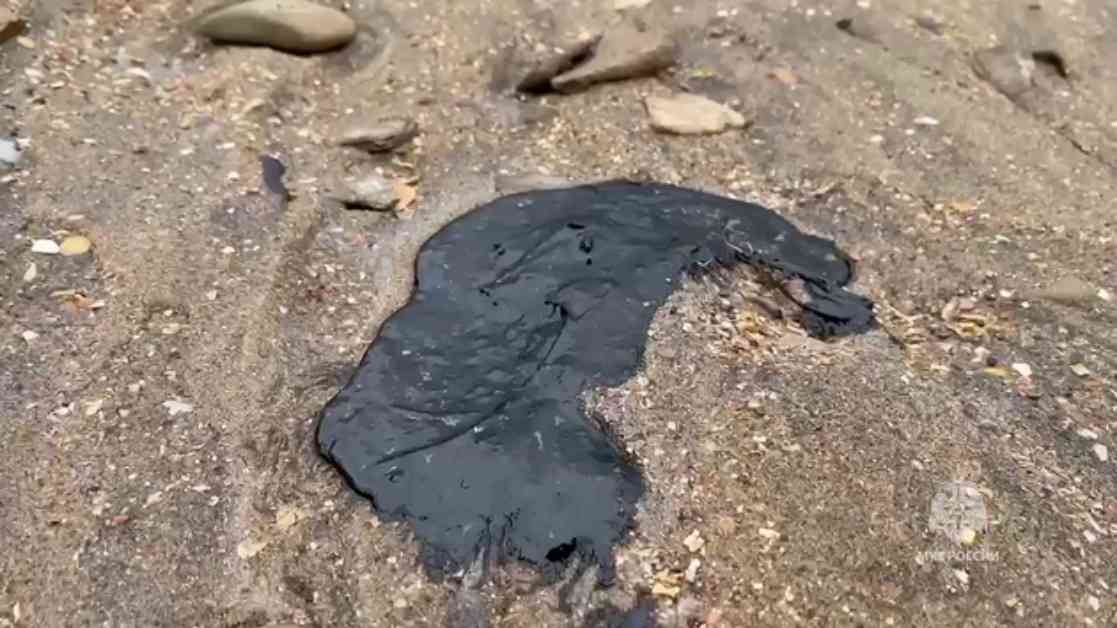Oil Spill from Russian Shadow Fleet Tankers Hits Sevastopol Shores: Ecological Disaster Impacts Environment
Oil from two damaged Russian tankers was detected off the coast of Sevastopol, impacting the environment and triggering an ecological disaster. The Volgoneft-212 and the Volgoneft-239 sank and ran aground last month in the Kerch Strait, releasing approximately 2,400 tonnes of mazut, a heavy fuel oil, into the waters surrounding Sevastopol, a city located in Moscow-annexed Crimea. The spill has raised concerns about the ecological impact on the region and the effectiveness of the clean-up efforts.
Russian Tanker Mishap
The oil spill was a result of a storm that hit the tankers in the Kerch Strait, causing one to sink and the other to run aground. The spilled mazut reached Sevastopol, with an oil slick measuring approximately 1.5 meters in width and length. The spill has been described as an ecological disaster by Russian President Vladimir Putin, highlighting the severity of the situation.
Environmental Impact
The spilled fuel oil, known as mazut, is challenging to clean up due to its density and heaviness, making it difficult to remove from the water column. This incident involving M-100 grade mazut is the first of its kind and poses a significant challenge for clean-up operations. Efforts to remove contaminated soil and sand from the beaches have been ongoing, with significant amounts already removed and more expected to be cleared in the future.
Challenges in Clean-Up
The clean-up operations have been hampered by a lack of equipment and resources, impacting the effectiveness of the response. Additionally, the ongoing conflict in the region has made it challenging to deploy specialized equipment and coordinate international efforts to address the spill. The increase in the use of shadow tankers for oil transportation poses a significant environmental risk, raising questions about safety regulations and responsibility in case of disasters.
The spill in Sevastopol serves as a stark reminder of the environmental consequences of industrial accidents and the challenges in responding to such incidents effectively. As efforts continue to mitigate the impact of the spill, it is crucial to address the root causes of such disasters and implement measures to prevent similar incidents in the future. The ecological disaster in Sevastopol underscores the importance of international cooperation in addressing environmental challenges and protecting our planet’s ecosystems.
Iryna Babanina, a researcher at the Conflict and Environment Observatory (CEOBS), highlighted the need for improved safety regulations and accountability in the maritime industry to prevent future ecological disasters. The spill in Sevastopol serves as a wake-up call for the global community to prioritize environmental protection and sustainable practices in all industrial activities.

















